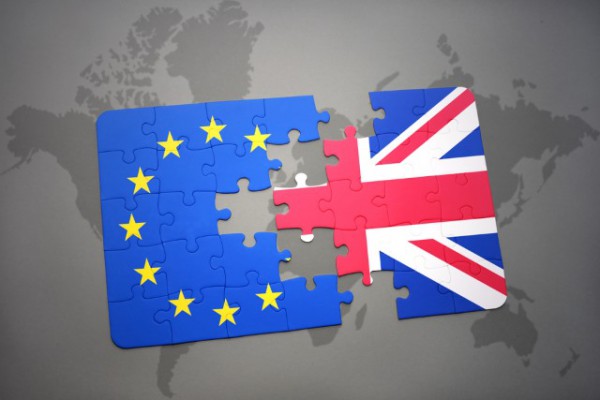UK unveils post-Brexit data plans to boost digital trade and end annoying cookie confirmation pop-ups

In the first signs of UK data policy starting to diverge from the EU, the government has today announced a package of measures to help it seize the opportunities of data to boost growth, trade and improve public services.
Plans include 'data adequacy' partnerships with 10 countries including the US, Australia and Republic of Korea, and the appointment of a new Information Commissioner to oversee the changes.
The data adequacy partnerships, which will be subject to assessments that ensure high data protection standards, will build on the £80 billion of data-enabled service exports to the 10 destinations from the UK every year.
The government has also named New Zealand Privacy Commissioner John Edwards as its preferred candidate to be the UK's next Information Commissioner, following a global search.
Plans to consult on the future of the country's data regime are also being confirmed. The aim is to make the regime even more ambitious, pro-growth and innovation-friendly, while still being underpinned by secure and trustworthy privacy standards.
Digital Secretary Oliver Dowden says:
Now that we have left the EU I'm determined to seize the opportunity by developing a world-leading data policy that will deliver a Brexit dividend for individuals and businesses across the UK.
That means seeking exciting new international data partnerships with some of the world's fastest growing economies, for the benefit of British firms and British customers alike.
It means reforming our own data laws so that they're based on common sense, not box-ticking. And it means having the leadership in place at the Information Commissioner's Office to pursue a new era of data-driven growth and innovation. John Edwards's vast experience makes him the ideal candidate to ensure data is used responsibly to achieve those goals.
Dowden also told the Daily Telegraph that the changes could see an end to the irritating cookie confirmation pop-ups that have been a feature of websites since the introduction of GDPR.
The government believes it can unlock more trade and innovation by reducing unnecessary barriers and burdens on international data transfers, thereby opening up global markets to UK businesses. In turn this should help give UK customers faster, cheaper and more reliable products and services from around the world.
You can read more about how international data transfers will work on the government site.
Photo credit: esfera / Shutterstock
